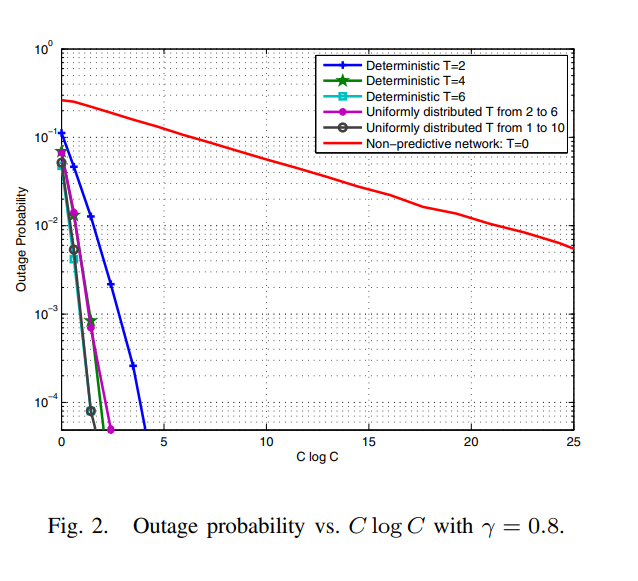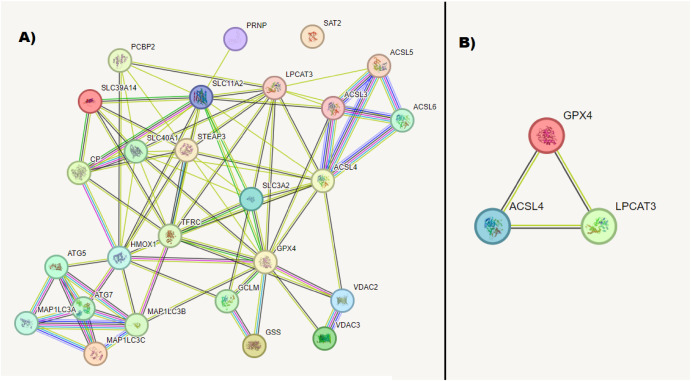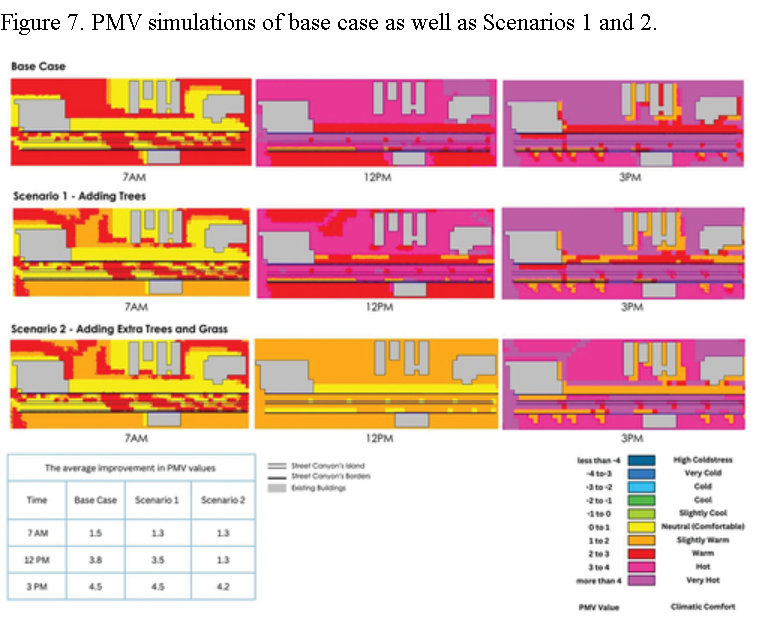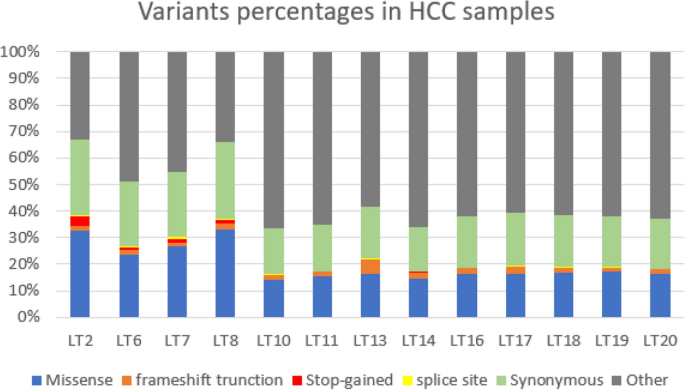

Proactive resource allocation: Turning predictable behavior into spectral gain
This paper introduces the novel concept of proactive resource allocation in which the predictability of user behavior is exploited to balance the wireless traffic over time, and hence, significantly reduce the bandwidth required to achieve a given blocking/outage probability. We start with a simple model in which the smart wireless devices are assumed to predict the arrival of new requests and submit them to the network T time slots in advance. Using tools from large deviation theory, we quantify the resulting prediction diversity gain to establish that the decay rate of the outage event probabilities increases linearly with the prediction duration T. This model is then generalized to incorporate the effect of prediction errors and the randomness in the prediction lookahead time T. Remarkably, we also show that, in the cognitive networking scenario, the appropriate use of proactive resource allocation by the primary users results in more spectral opportunities for the secondary users at a marginal, or no, cost in the primary network outage. Finally, we conclude by a discussion of the new research questions posed under the umbrella of the proposed proactive (non-causal) wireless networking framework. ©2010 IEEE.



